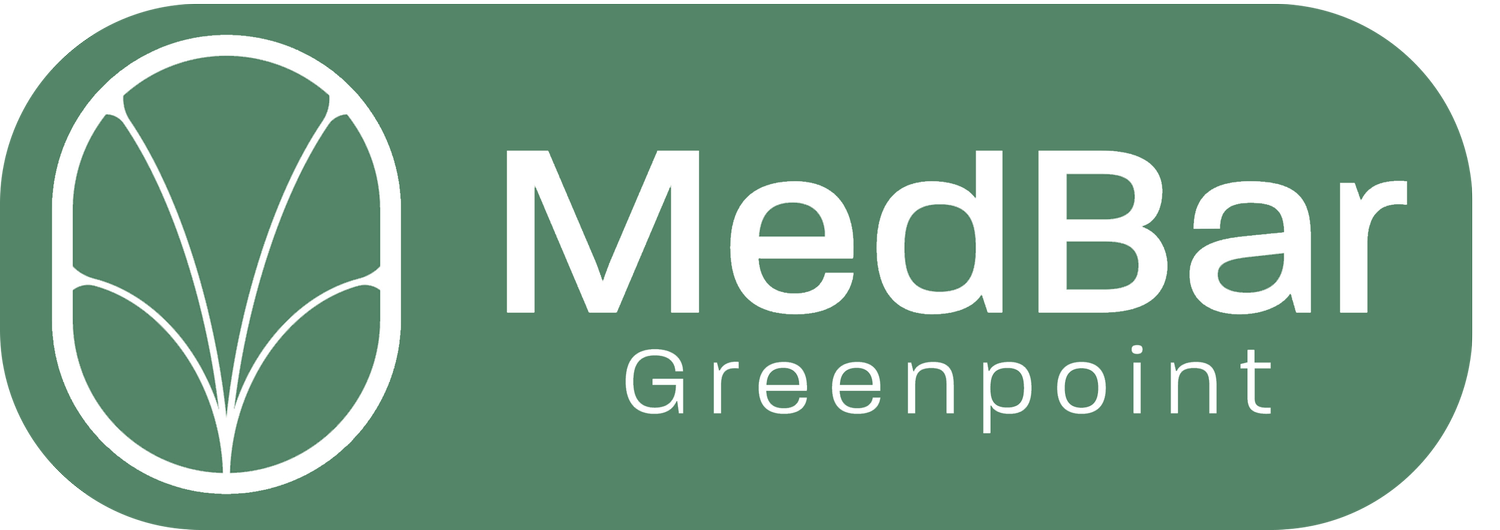Pelvic Floor
-
Diastasis Recti
Diastasis recti, a common condition post-pregnancy, involves the separation of the abdominal muscles, often causing weakened core support. Our treatment plans incorporate targeted exercises to strengthen not only the rectus abdominis but also the deeper core muscles. We focus on improving muscle coordination and alignment to address diastasis recti effectively, promoting core stability and function.
-
Pelvic Organ Prolapse
Pelvic organ prolapse, which can affect women of all ages, occurs when pelvic organs shift from their normal positions. Our specialized approach involves exercises to strengthen the pelvic floor muscles, as well as techniques such as manual therapy to alleviate discomfort and support the pelvic organs. We provide guidance on lifestyle modifications and activities to minimize the risk of further prolapse.
-
Urinary and Bowel incontinence
Urinary and bowel incontinence can be distressing conditions. Our comprehensive care includes exercises targeting the pelvic floor muscles, bladder and bowel training strategies, and dietary advice to manage incontinence effectively. We also address the emotional aspects of these conditions, helping you regain confidence and control.
-
Coccydynia
Coccydynia, or tailbone pain, can be challenging. Our therapists use manual therapies to alleviate coccyx pain, exercises to strengthen and support the pelvic floor muscles, and recommendations for sitting and positioning to minimize discomfort. We aim to improve your comfort and mobility.
-
Bladder Pain Syndrome
Managing bladder pain syndrome is a multi-faceted approach. We provide techniques to reduce pelvic pain, exercises to improve pelvic floor function, and dietary guidance to alleviate symptoms. Our focus is on enhancing your quality of life by addressing the complex aspects of this condition.
-
Public Symphysis Dysfunction
Pubic symphysis dysfunction can lead to pelvic pain and instability, particularly during pregnancy. Our therapists offer exercises to strengthen the pelvic girdle, manual therapies to alleviate discomfort, and guidance on activities to avoid or modify to prevent further aggravation. We aim to restore stability and ease your discomfort.
-
Vulvodynia
Vulvodynia, characterized by vulvar pain, can impact your intimate life. Our holistic approach includes pain management techniques, pelvic floor exercises targeting specific muscle groups, and education on sexual health. We focus on addressing both the physical and emotional aspects of vulvodynia.
-
Vaginismus
Vaginismus can cause pain and discomfort during intercourse. Our therapists provide techniques to reduce pelvic floor muscle tension, exercises to improve muscle control, and counseling to address emotional factors contributing to vaginismus. We aim to help you overcome this condition and enjoy a healthy intimate life.
-
Constipation
Constipation can be related to pelvic floor dysfunction. Our approach includes exercises to improve pelvic floor coordination and muscle function, dietary recommendations for regular bowel movements, and strategies to prevent constipation. We aim to enhance your digestive health and comfort.
-
Urinary Frequency
Frequent urination can disrupt daily life. Our treatment encompasses bladder training techniques, exercises to improve bladder control, and lifestyle modifications to manage urinary frequency. We focus on helping you regain control over your bladder function and daily routine.
-
Pudendal Neuralgia
Pudendal neuralgia can lead to chronic pelvic pain. Our therapists employ techniques to alleviate nerve compression, exercises to improve pelvic floor function and support nerve healing, and modalities for pain relief. Our goal is to reduce pain and discomfort associated with pudendal neuralgia, promoting your overall well-being.

